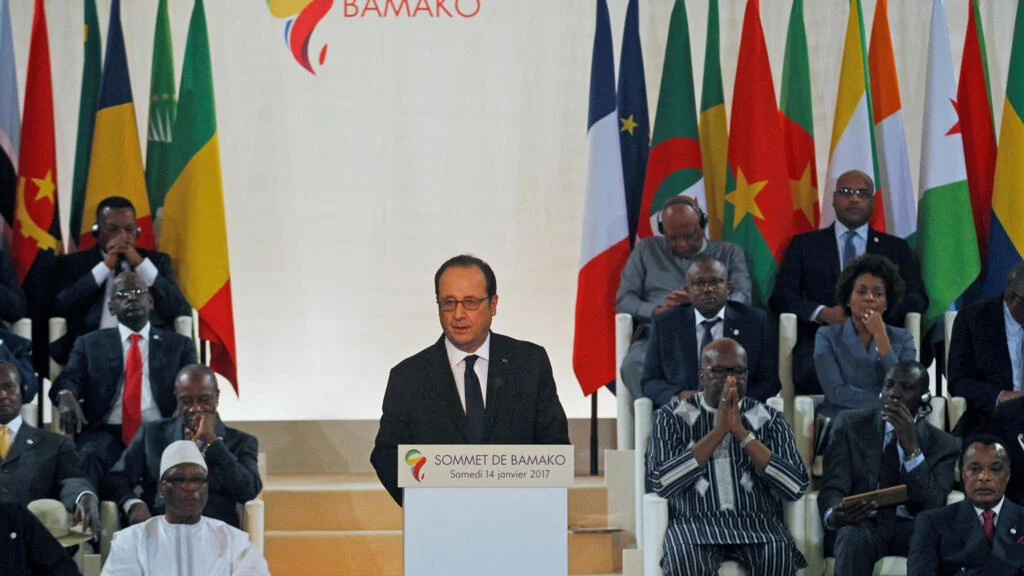In a January 2023 interview with RFI and France 24, former French President François Hollande discussed his decision a decade ago to launch Operation Serval in Mali, which later evolved into Operation Barkhane.
The 68-year-old explained that the intervention, initiated in January 2013 at the request of Malian authorities, aimed to counter jihadist threats in the Sahel.
Hollande expressed regret over the strained France-Mali relationship, stating, “I have seen with sorrow the deterioration of this bond of friendship between Mali and France.”
He attributed this to ongoing jihadist attacks, which have led some Malians to question the efficacy of foreign interventions.
Critique of Wagner Group’s Role
Hollande noted that jihadist attacks have worsened since France’s withdrawal from Mali in 2022, particularly spreading to southern regions.
He criticized the Wagner Group, a Russian private military company now active in Mali, calling it a “neo-colonial” force that exploits local resources.
“Wagner is a private group that lives from the predations it carries out,” he said, emphasizing that France intervened only at Mali’s request and left when no longer wanted. He added that Mali’s choice to engage with Wagner or other states is their prerogative, but the outcomes have been detrimental.
Operation Sangaris in Central African Republic
Hollande also defended Operation Sangaris, launched in December 2013 in the Central African Republic (CAR) to stabilize the country amid rebel threats to President Faustin Archange Touadéra.
France withdrew its troops in 2016, against Touadéra’s wishes, due to overstretched military commitments in Mali, the Sahel, and the Middle East.
Hollande explained, “There was almost a physical limit,” noting the intent to transition security responsibilities to the UN peacekeeping mission (MINUSCA) to support CAR’s elected government. He lamented the Wagner Group’s subsequent involvement in CAR, particularly their control over diamond mines, calling it “quite regrettable.”
Strategic and Political Context
Hollande, who led France from 2012 to 2017 and remains active in the Socialist Party, underscored that France’s interventions were driven by solidarity and international requests, not colonial ambitions.
He argued that the presence of private groups like Wagner, driven by profit rather than state-led motives, undermines local sovereignty and stability. The former president called for CAR and Mali to critically assess their partnerships with such groups.
Broader Implications
Hollande’s reflections highlight the complexities of foreign military interventions and their long-term impacts on bilateral relations.
The shift to private military actors like Wagner in Mali and CAR raises concerns about resource exploitation and escalating insecurity, with jihadist attacks intensifying despite foreign presence. The interview underscores the need for sustainable, locally supported solutions to address ongoing conflicts in the Sahel and Central Africa.






